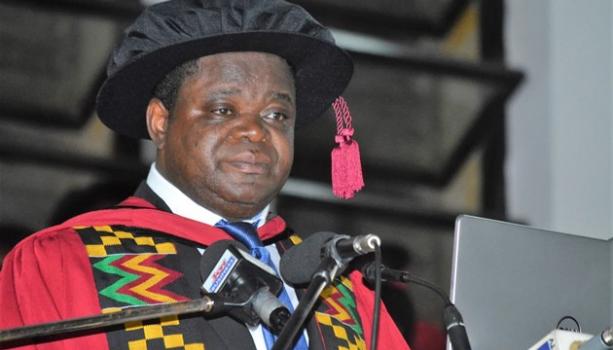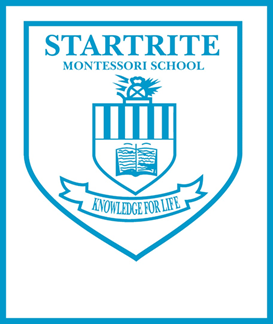
Professor Peter Quartey, Professor of Economics at the Institute of Statistical, Social and Economic Research (ISSER) and Head of the Department of Economics at the University of Ghana, on April 27, 2017, delivered his inaugural lecture on the topic: Development Financing in Africa: Is Ghana on the Path to HIPC?
The lecture posed intriguing questions about development financing in Africa, particularly Ghana, and sought to assess whether Ghana’s current debt levels has crossed HIPC debt sustainability thresholds and compared it with pre-HIPC levels.
Prof. Quartey explained that in the last two decades sub-Saharan Africa, including Ghana, has seen changing dynamics in the development finance architecture. This is evident in the gradual shift from concessional financing in the form of Official Development Assistance (ODA) to non-concessional financing such as Bonds, Foreign Direct Investment (FDI) and other methods of financing growth. However, despite this shift in the sources of development financing, there are still significant resource gaps between savings and public investment requirements in sub-Saharan Africa.
While assessing Ghana’s development financing landscape, he remarked on the savings-investment gap and how it has been financed through increased taxes, aid, and foreign direct investment among others. Ghana, he said, relies heavily on internal sources of finance, adding that there are huge funding gaps between domestic revenue and investment requirements. He analysed Ghana’s debt indicators over the past two decades and highlighted the increasing debt resulting from its dependence on borrowing.
Prof. Quartey reminded the audience that Ghana qualified for a Highly Indebted Poor Country (HIPC) relief in 2001 when its debts were at levels deemed unsustainable. He said Ghana’s Debt-GDP ratio reduced from 141.82% in 2001 to 26.2% in 2006 due to the HIPC reliefs and Multi-lateral Debt Relief Initiative (MDRI) but this trend started to reverse in 2007 when the country’s Debt-GDP ratio started to increase and by 2016 it has accelerated to 72.45%. He noted that Ghana’s debt service to exports ratio is above the HIPC Thresholds (15-20%) and close to 2001 (HIPC Levels)
Prof. Quartey expressed concern about the fact that the interest payments on debt was 19.77% of Ghana’s total expenditure during the pre-HIPC period and is currently about 23.85%, adding that Ghana’s Debt GDP ratio of 72.45% (2016) is above the HIPC Threshold (50%), unsustainable, and points to a high-debt distressed economy.
Professor Quartey challenged Ghana’s leaders to look to innovative sources of development financing as proposed by the United Nations High Level Panel on Financing Development which called for new sources of financing such as a currency transaction tax, carbon tax, and international air transport tax, etc. could be explored. Furthermore, the country should increase its tax base by roping the informal sector using the National Identification System. Also, he remarked that the bane of the Ghanaian economy is not the lack of resources but lack of judicious use of it or not ensuring value for money. He further proposed that Project Evaluation and Completion reports for all capital expenditure projects including donor-funded projects are prepared, verified by a competent audit firm and made publicly available
In his closing remarks, the Vice-Chancellor, Prof. Ebenezer Oduro Owusu expressed his gratitude for an insightful lecture and called for the application of lessons learnt in the course of the lecture by creating a fertile economic foundation based on sustainable growth for future generations of Ghanaians. He challenged the managers of the economy to ensure judicious use of the country’s resources by ensuring that `no grain is wasted’. He further recommended that the current generation leaves less debts for posterity.
In earlier remarks, Registrar of the University of Ghana, Mrs. Mercy Haizel-Ashia, emphasised the significance of inaugural lectures and noted that it is the duty of every academic who achieves the highest rank in his or her career in the University of Ghana, to deliver an inaugural lecture. More importantly, she said, it allows the University to showcase the academic achievements of its staff and share the research works of their staff within and outside university community.

Among those present at the event were University officials, Deans, Directors, and members of the University community. Also present were Professor Quartey’s colleagues, students, family, friends, and the general public. Several presentations were made to Professor Quartey by the Department of Economic in the College of Humanities, the School of Social Sciences, staff and faculty of ISSER, New Life Interdenominational Church, Startrite Montessori School and his family and friends.
